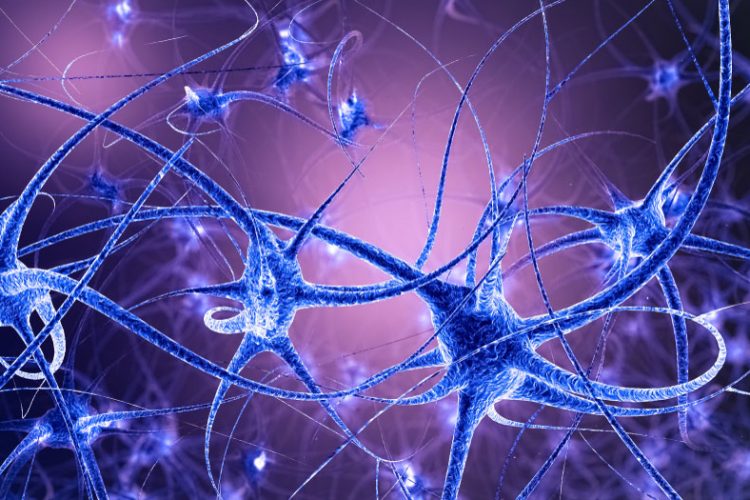BDNF–VEGF interplay key to rapid antidepressant actions
Posted: 31 January 2019 | Dr Zara Kassam (Drug Target Review) | No comments yet
A study reveals a complex interplay of two different growth factors in the rapid and long-lasting antidepressant effects of ketamine…


A study reveals a complex interplay of two different growth factors in the rapid and long-lasting antidepressant effects of ketamine.
The study reports that the antidepressant-like actions of brain-derived neurotrophic factor (BDNF) require the release of vascular endothelial growth factor (VEGF).
“Surprisingly, the reciprocal relationship was also observed, indicating that BDNF–VEGF interdependence plays a crucial role in the actions of rapid-acting antidepressants,” said senior author Dr Ronald Duman.
Ketamine requires the release of both BDNF and VEGF to produce its rapid antidepressant effects, but the connection between the two growth factors—which have different functions and act through different mechanisms—was unknown.
Using mice to model behaviours of depression, the researchers investigated the interaction of BDNF and VEGF. Administering BDNF or VEGF to a brain region implicated in depression, the medial prefrontal cortex (mPFC), produces rapid and long-lasting antidepressant-like actions similar to those of ketamine. In the study, Dr Duman and colleagues found that removing VEGF from the mPFC prevented the antidepressant-like effects of BDNF in mice. When they performed similar experiments but instead blocked BDNF, the antidepressant-like effects of VEGF were prevented.
Deeper analysis using neuron cultures to examine how the two factors depend on each other revealed that BDNF signalling stimulates VEGF release in neurons and requires VEGF to produce its neurotrophic effects. Conversely, VEGF stimulates the release of BDNF and requires BDNF signalling to produce its neurotrophic effects.
“This observation may have important clinical implications. VEGF inhibitors are widely used to treat various cancers and can be associated with an increased risk for depression and cognitive impairments sometimes called the ‘fog of chemotherapy’.
“Since most antidepressant effects are mediated by BDNF, and therefore VEGF, how should we treat these forms of depression and cognitive impairments? The answer to this question may draw us to BDNF-independent effects of antidepressants and new insights into the biology and treatment of depression,” said Dr John Krystal, Editor of Biological Psychiatry.
The results provide the first evidence that reciprocal interdependence of BDNF and VEGF plays a crucial role in their rapid antidepressant-like effects, revealing key mechanisms of ketamine, which requires both BDNF and VEGF. The findings also highlight avenues of research to better understand how each of the factors may affect a person’s risk of depression or their response to antidepressant drugs.
The study has been published in Biological Psychiatry.


